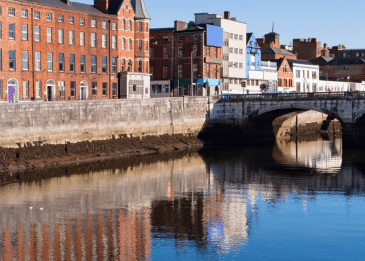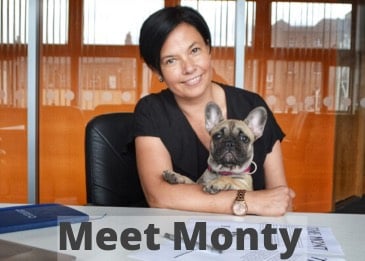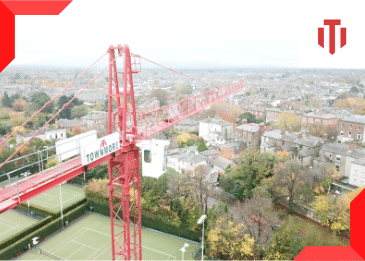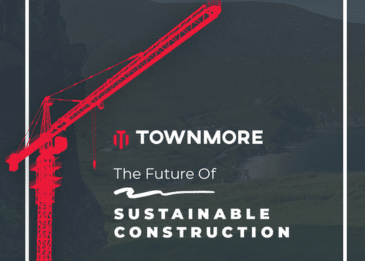- News
- How to Unlock the Potential of Ireland’s Second City

How to Unlock the Potential of Ireland’s Second City
Through a recent submission to the mid-term review of the National Development Plan (NDP), Ireland’s largest lobby and business representative group, Ibec, has called for the delivery of key infrastructure and investment in Cork. As the second largest and most populated (208,669) city within the Republic of Ireland, Cork has experienced “decades of chronic underinvestment”, according to Ibec Senior Regional Executive, Helen Leahy, and reported by EchoLive: https://www.echolive.ie/corknews/arid-40242206.html
As a national main contractor and specialist contractor, Townmore works across the country, with many transformative projects in Cork City and County, run from our regional office in Mallow. While the lack of key infrastructure in Cork has been well-documented over the past number of years, it is good to see Ibec galvanising the views of the business community and highlighting the true cost of this. In real terms, persistent underinvestment in critical infrastructure is a very real threat to the local economy. Allowing this to continue post-Covid will undermine the economic recovery of the city and county. Following the submission, the lobby group issued a public statement in which it described the impact underinvestment has had on important social issues including housing, environment, health, childcare, and commuting.
Why is this important? As a firm engaged in the delivery of vital new homes, workplaces, schools and community healthcare facilities, we understand how this negatively impacts on regional competitiveness and overall prosperity.
Ibec is calling for an ‘NDP Plus’ programme of investment that will be a “key enabler to ensure Cork fulfils its potential as a modern city of scale with strong local, regional, national and international connectivity”. Amongst the Ibec ‘asks’ is the fast-tracking of the long awaited M20, together with other key public transport projects, including light rail. They are also calling for mixed-tenure housing, with a focus on apartments (student and PRS), greater housing options for the ageing population, and an increase in social and affordable housing. One of the exciting propositions is the development of the Docklands area (City Docks and Tivoli) to support major urban regeneration.
The body rightly identifies that delivery is taking too long, stating: “the priority must be to get projects delivered much more rapidly. Accelerated delivery of infrastructure projects must be a central plank of the National Development Plan review process”.
While Cork has long been an attractive destination for foreign direct investment, or FDI, this cannot be taken for granted into the future without the significant capital investment that is required to provide the necessary infrastructure. A part of the puzzle is to enhance the quality of life of local residents so that talent chooses to come to Cork – or chooses to remain in Cork – post-graduation. Prior to the pandemic restrictions, public transport deficiencies and traffic congestion caused by insufficient road capacity was ranked high on the list of factors that make a place unattractive to the workforce. While a hybrid of remote and office working is likely to be a feature of the modern workplace post-Covid, this cannot be used as an excuse not to solve big problems.


